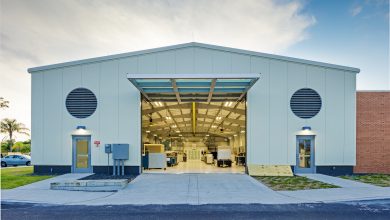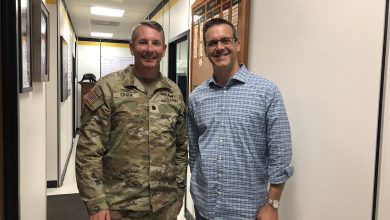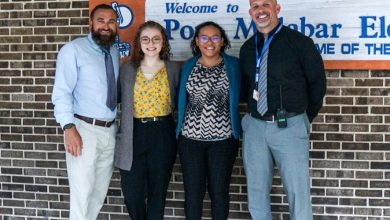Learning by Doing: Experiential Learning as an Accelerator to Effectiveness

I write this while traveling from a small Austrian city to Vienna.
My career at Florida Tech sends me abroad about two to three months a year, developing relationships, strengthening our networks and learning about culture.
Couldn’t I just learn about culture from a book? The short answer is no.
Learning any complex interpersonal skill from formal learning approaches (classroom lectures, books, etc.) is like trying to learn to ride a bike from listening to a podcast. It simply can’t be done.
The key to learning these complex skills, such as cross-cultural competence, is to learn by doing: experiential learning.
At Florida Tech’s Institute for Culture, Collaboration and Management (ICCM), we focus on this experiential learning, which suggests that individuals prepare and reflect on learning events to maximize
their learning.
This has resulted in several articles, chapters and, most recently, a three-year, $1 million contract with the U.S. Army. But the most important metric for us is that this approach has made ours one of the fastest-learning programs on campus.
Most people would agree that learning by doing is a superior learning approach (as compared to the classroom). However, most people are too busy “doing” to do much learning.
Our approach, called “guided mindfulness,” eases the time pressure and cognitive overload associated with learning in the real world. The technique automates the probing questions that we all should be asking and captures the data in a way that can be sorted, reviewed, etc.
Often, organizational leaders are overwhelmed by stray thoughts and focus on the concrete elements of business. In my experience, this is a huge mistake that can slow learning progress.
It is important to find a few minutes after a potential learning event to reexamine performance in the moment and evaluate next steps. This changes the way we think and allows us to learn more deeply and efficiently.
Why do we study this learning approach at the ICCM? Because the world needs to learn faster to solve the huge challenges we face, e.g., global pandemic, climate change and much more.
Learning is the currency of the 21st century, and the speed of learning is a critical factor in achieving success. Data suggests it takes 10 years to develop a global leader, and frankly, we are running out of time.
We face challenges that threaten our survival. To meet these challenges, we need the best and brightest scientists and practitioners, and we need them now.
I hope that the ICCM can scale this solution and offer it to organizations worldwide. Ultimately, accelerating learning will allow us to survive and thrive in the coming century.
Richard Griffith is an industrial and organizational psychology professor and executive director of the Institute for Culture, Collaboration and Management. His current research focuses on the development and validation of cross-cultural competence measures, and he is conducting research and development on “guided mindfulness,” a technological solution to optimize experiential learning.
This piece was featured in the winter 2024 edition of Florida Tech Magazine.





